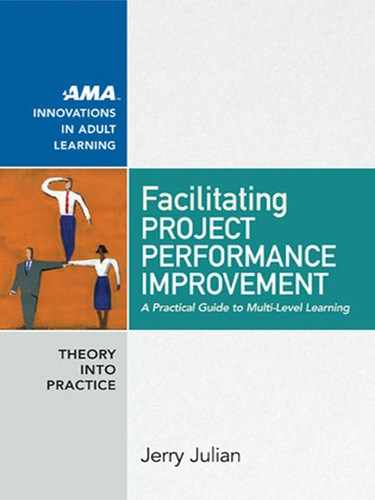24 Foundations
American Management Association
www.amanet.org
and if they are not part of the learning process, they may not understand
the context or have the motivation to carry through with the team’s input.
They may even be threatened by the prospect of being perceived as part
of the problem, choosing instead to focus on other issues that are less
threatening. As a result, it may be that neither managers nor teams do
anything to x the problems for the next time around, creating a sense of
frustration and futility that undermines future attempts at learning from
project experience.
The third problem with lessons- learned practices is the assumption
that people can learn e ectively from “lessons” stored on databases. For
those readers who are interested in some of the more theoretical aspects
of the problems and opportunities associated with these practices, includ-
ing why codi cation in databases has its limits, see Appendix A. It provides
additional insights on this topic, particularly for those who are interested
in knowledge management.
FROM RED-LIGHT LEARNING TO
CONTINUOUS SYSTEMS-LEVEL LEARNING
Multi- level learning helps organizations overcome many of these chal-
lenges, including both the detrimental e ects of red- light learning and the
ine ectiveness of traditional lessons- learned and postproject review prac-
tices. It improves overall performance by expanding structured learning
beyond the project team, increasing the quality and frequency of re ective
practice, and providing more motivation for teams to learn in order to im-
prove future performance. Multi- level learning expands learning beyond
the project team by encouraging re ection at three levels simultaneously:
projects, the processes that are common to multiple projects, and the over-
all project portfolio itself. These levels mirror the three types of re ection
described by Jack Mezirow (1991) and include content, process, and prem-
ise re ection, each of which is discussed in more detail in Chapter 2.
The quality of learning is dramatically enhanced by the introduction
of the multi- level learning coach, a skilled, objective, and substantively
neutral third- party facilitator who helps teams learn and re ect more pro-
ductively in ways that eliminate the potential bias associated with someone
..................Content has been hidden....................
You can't read the all page of ebook, please click here login for view all page.
